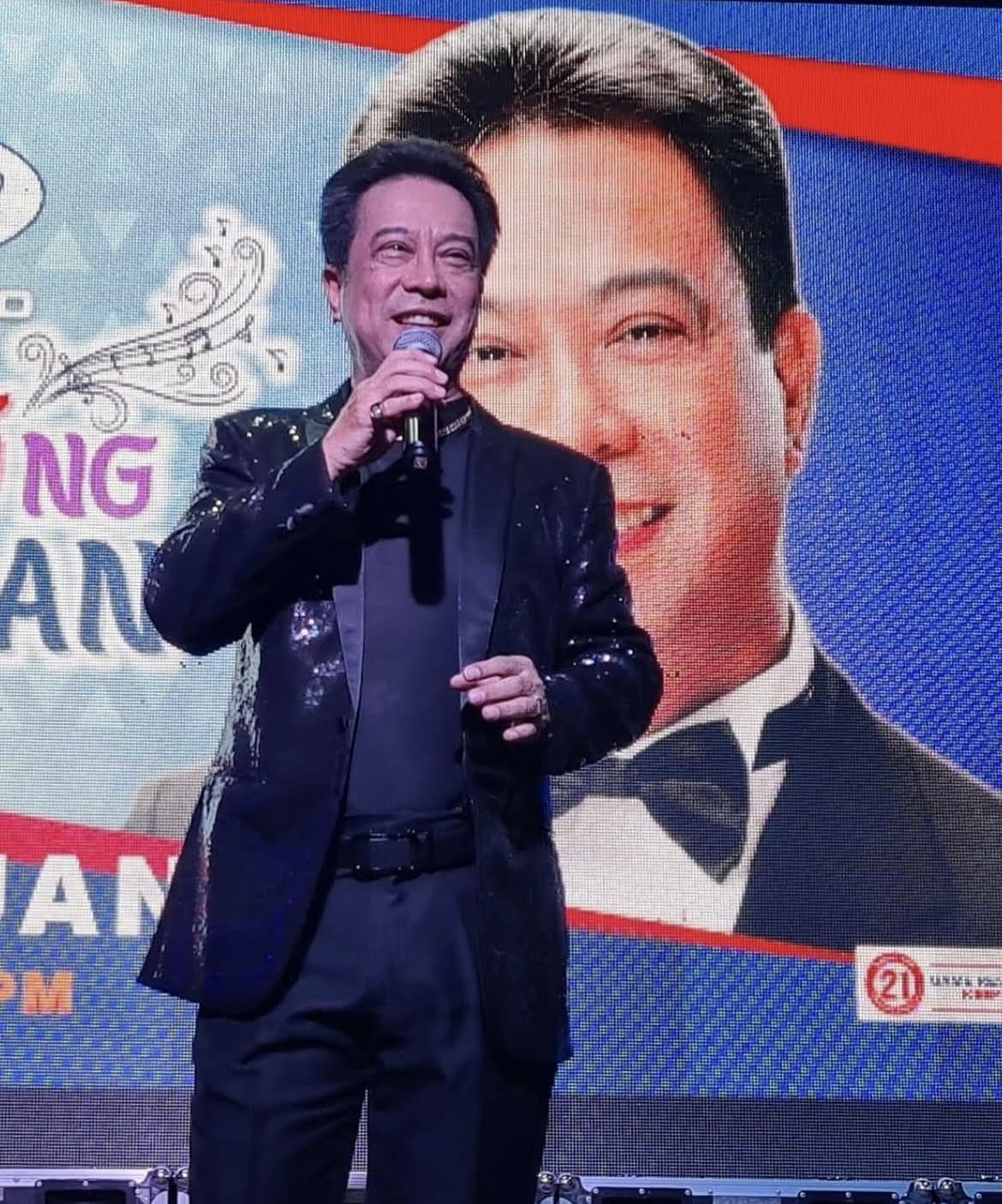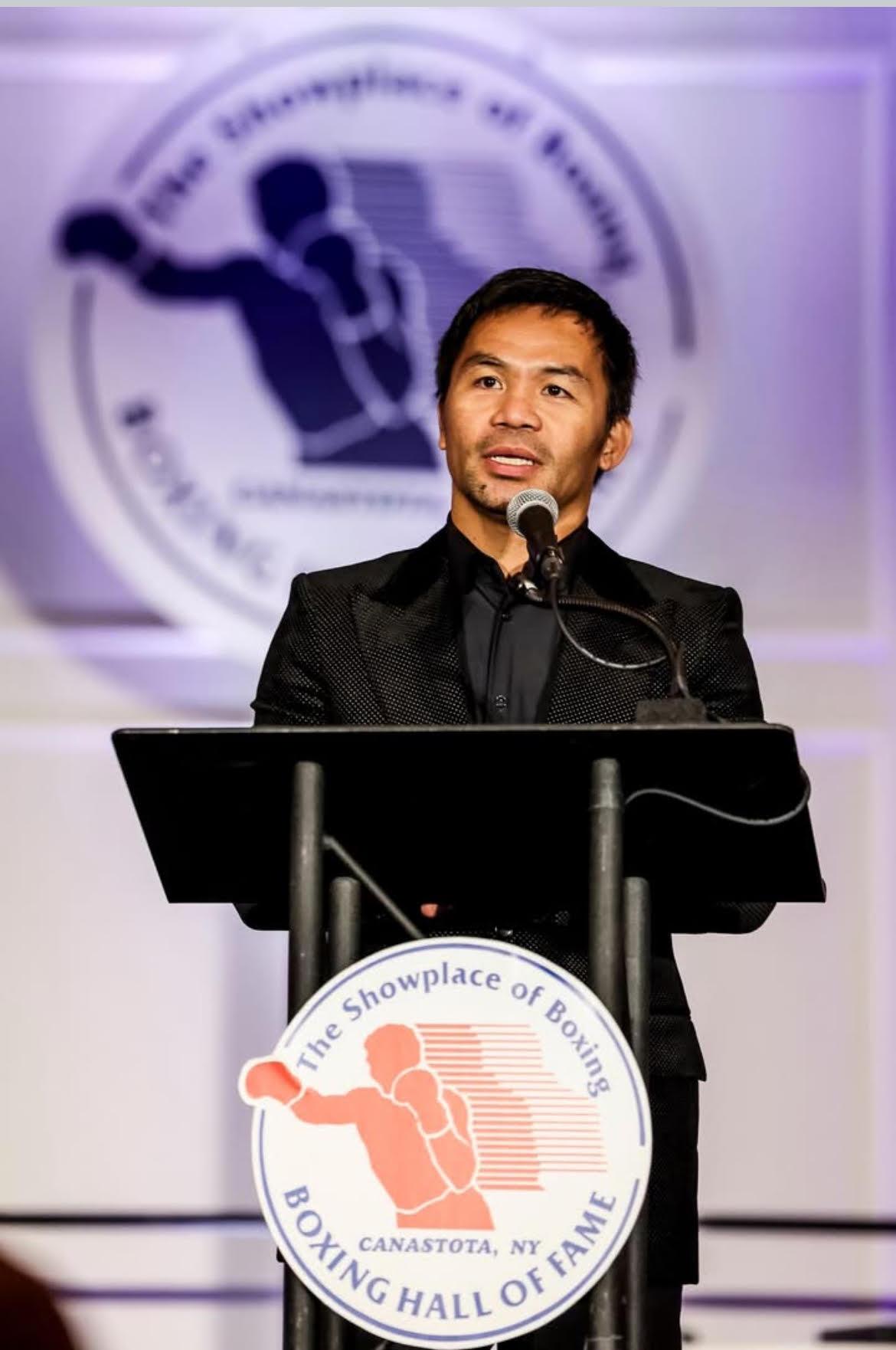Hajji Alejandro, the “Kilabot ng mga Kolehiyala” and a pillar of Original Pilipino Music (OPM), passed away following a battle with colon cancer. His timeless hits, helped define a generation of Filipino ballads.
MANILA — Just a little over a week since the passing of Pilita Corrales, Asia’s Queen of Songs, and days after the world bid farewell to Superstar Nora Aunor, the Philippine music industry is mourning the loss of another pillar: Hajji Alejandro, the “Kilabot ng mga Kolehiyala” and one of the founding voices of Original Pilipino Music (OPM). He passed away on April 21, 2025, at the age of 70 following a battle with stage 4 colon cancer.
His family confirmed his passing on April 22. The news came as a heavy blow to fans and artists alike, many of whom had been following updates on his recovery after he was hospitalized earlier this year.
In January, during a trip to Vigan, Alejandro began experiencing bloating and shortness of breath. Tests revealed advanced colon cancer, leading to emergency surgery in February. Though he suffered complications including seizures and infection, he returned home and was said to be regaining strength. In early April, daughter Rachel Alejandro shared that her father had begun singing again.
He died peacefully at home, surrounded by loved ones, including his longtime partner Alynna Velasquez.
From Stage to Standard-Bearer

Born Angelito Toledo Alejandro on December 26, 1954, in Alaminos, Pangasinan, Hajji Alejandro rose to prominence in the 1970s as the original lead vocalist of the Circus Band, a pioneering music group that helped shape Manila’s live performance scene.
In an interview, he recalled that it was veteran balladeer Basil Valdez who discovered him and brought him into the group. He soon found himself performing alongside future icons such as Tillie Moreno and Pat Castillo.
In 1978, Hajji’s solo career soared after performing “Kay Ganda ng Ating Musika,” a Ryan Cayabyab composition that won the inaugural Metro Manila Popular Music Festival (Metropop). The song became a cultural milestone, helping launch what would become the golden age of Original Pilipino Music—a period in the late 1970s and 1980s when Filipino songwriting, performance, and identity flourished on the mainstream stage.
Many of Hajji’s best-known songs were written by some of the country’s most revered composers, including Cayabyab, Jim Paredes, and Willy Cruz, who penned “May Minamahal” for Hajji’s 1977 album Magic. The romantic ballad would later inspire the 1993 hit film of the same name starring Aga Muhlach and Aiko Melendez.
He followed with other enduring hits, including:
- “Panakip Butas”
- “Nakapagtataka”
- “Tag-Araw, Tag-Ulan”
With his smooth vocals and emotionally resonant ballads, Hajji became known as the “Kilabot ng mga Kolehiyala,” captivating college-aged fans across the country.
Personal Life and Private Battles
In the 1980s, Alejandro married actress and former Mutya ng Pilipinas Rio Díaz. The couple relocated to Los Angeles and opened a Filipino restaurant on Melrose Avenue. They had a son, Ali Alejandro, who later became the drummer for the band DeLara. After their separation, Díaz returned to the Philippines and married politician Charlie Cojuangco before passing away from colon cancer in 2004.
From his first marriage to Myrna Demauro, Hajji had two daughters: Rachel Alejandro, a singer and theater artist, and Barni Alejandro, a professional chef. He also had another daughter, Michelle Alejandro.
In recent years, Hajji shared his life with longtime partner Alynna Velasquez, who remained by his side throughout his illness.
Enduring Influence

In his final years, Hajji remained active in tribute concerts and legacy performances, continuing to represent an era when Filipino ballads carried both artistry and depth. He maintained a youthful energy and toured frequently with his contemporaries the late Rico J. Puno, Rey Valera, Nonoy Zuñiga, and Marco Sison as part of the retro pop group Hitmakers.
He also reunited occasionally with former colleagues from the Circus Band and New Minstrels, and performed in solo concerts—often joined onstage by his daughter Rachel, who inherited not only his voice but his passion for music and performance.
His music—especially songs like “Panakip Butas” and “Nakapagtataka”—remains part of the Filipino musical canon, played across generations, reinterpreted by younger artists, and cherished by fans at home and abroad.
As his fans bid farewell to Hajji Alejandro, they do so with the same quiet sorrow found in “Nakapagtataka”—a song that captures the kind of parting too painful to put into words.






